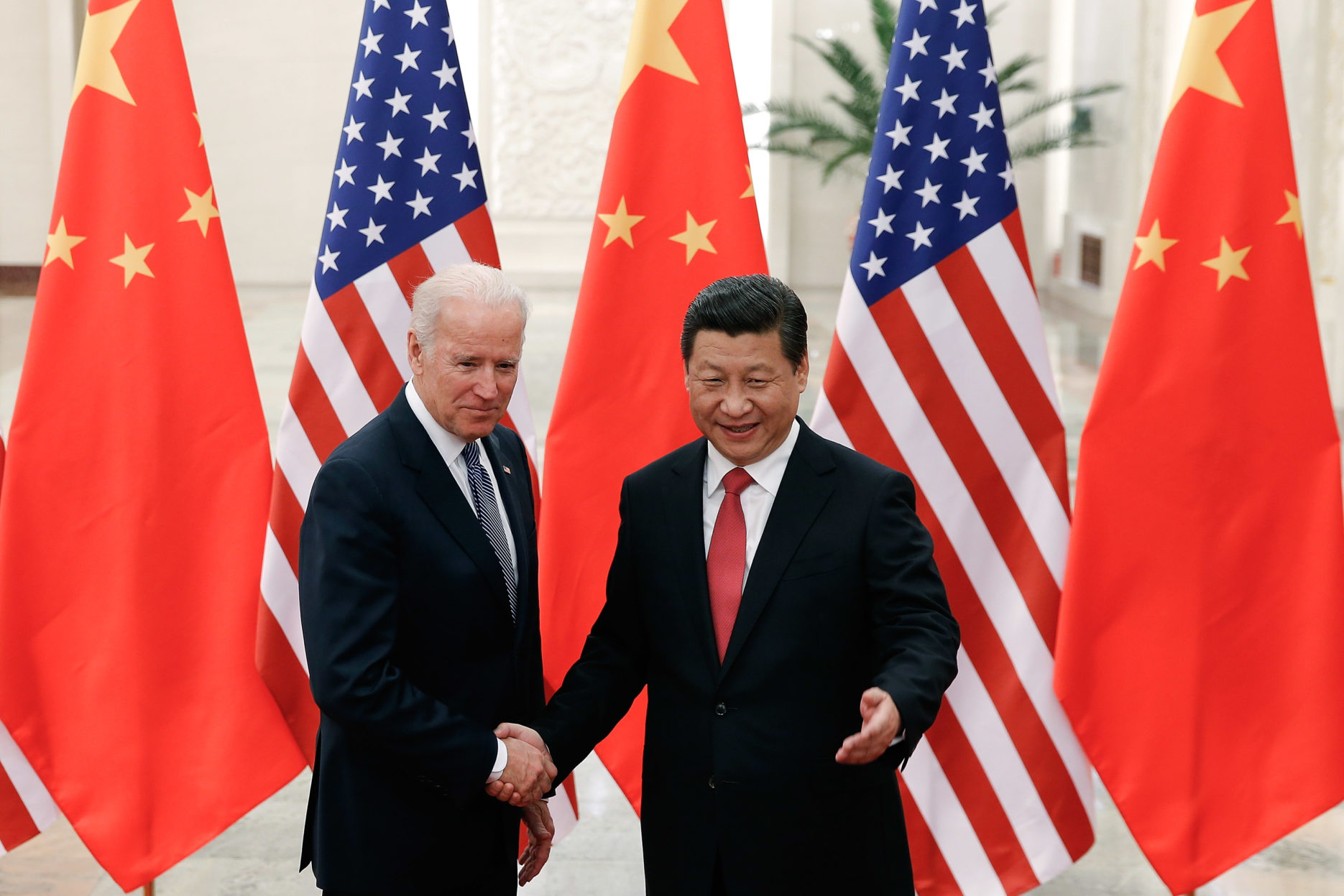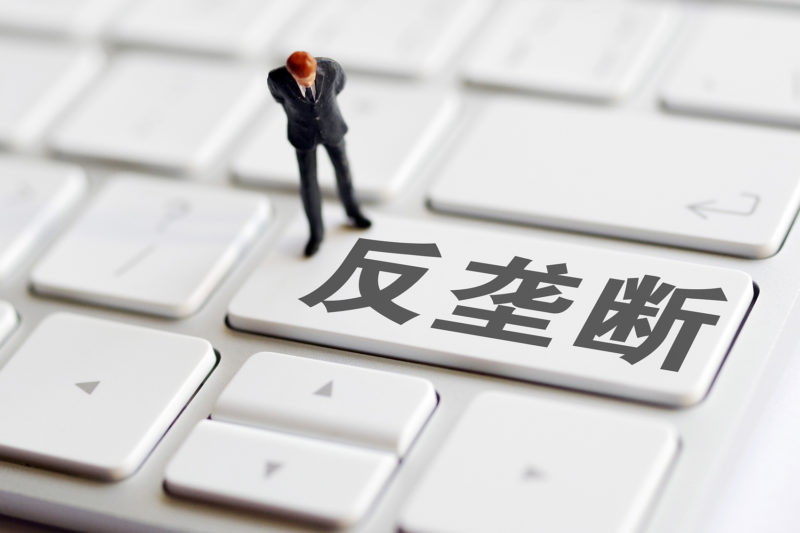On 16 November, Chinese President Xi Jinping and US President Joe Biden met in a virtual summit to improve cooperation between the two nations.
The meeting lasted for three and a half hours, covering sensitive topics such as Taiwan, trade, and human rights, just as these countries have in the past. However, what was different was the messages of media in both countries, who saw the conversations in very different lights.
The media in the US saw this meeting as just another one in the long journey of strained US-China ties. The reports focused on “no breakthroughs”, with each party sticking to their points of contention, that have highlighted the divisions between these two powers. These issues include Biden’s concerns about human rights abuses in China and Xi’s warning of American support for Taiwan as “playing with fire”.
In comparison, China’s media stayed rather positive and believed the meeting signalled the way forward for China-US relations in a new era. The meeting was described as “candid, constructive, substantive and productive” – with an emphasis on Biden “clearly reaffirming” the one-China policy and acknowledging Beijing as the sole legal government of China. The posts with the hashtag #Biden Reaffirms One-China Policy# on Weibo, China’s Twitter, have been viewed over 190 million times within just 6 hours.
In the complex history of China-US relations, the media has always played a key part, evoking a war on truth and trust and informing the masses of both nations. In America, people indiscriminately view all reports from China as propaganda, and in China, people often criticise US media for using double standards in their narratives.
In addition, media is no longer independent but politicised, with governments and private entities using media as a mouthpiece for asserting their own views. For instance, former US President Trump designated five Chinese media outlets as “foreign missions” and expelled 60 Chinese journalists at the height of the pandemic. In response, China cancelled the visas of three Wall Street Journal reporters for writing an article titled China Is the Real Sick Man of Asia, which sparked anger amongst Chinese people.
People consume media every day, yet they are often taken for granted and, many times, not viewed with a critical mind. However, to prevent a cold war from reoccurring, economic, commercial, and diplomatic efforts are needed, but better media handling is also of great importance.
By keeping the door open and enabling effective communications and mutual understanding these two great powers of the world can start to work together towards global issues and a better future of cooperation.
Read more:









